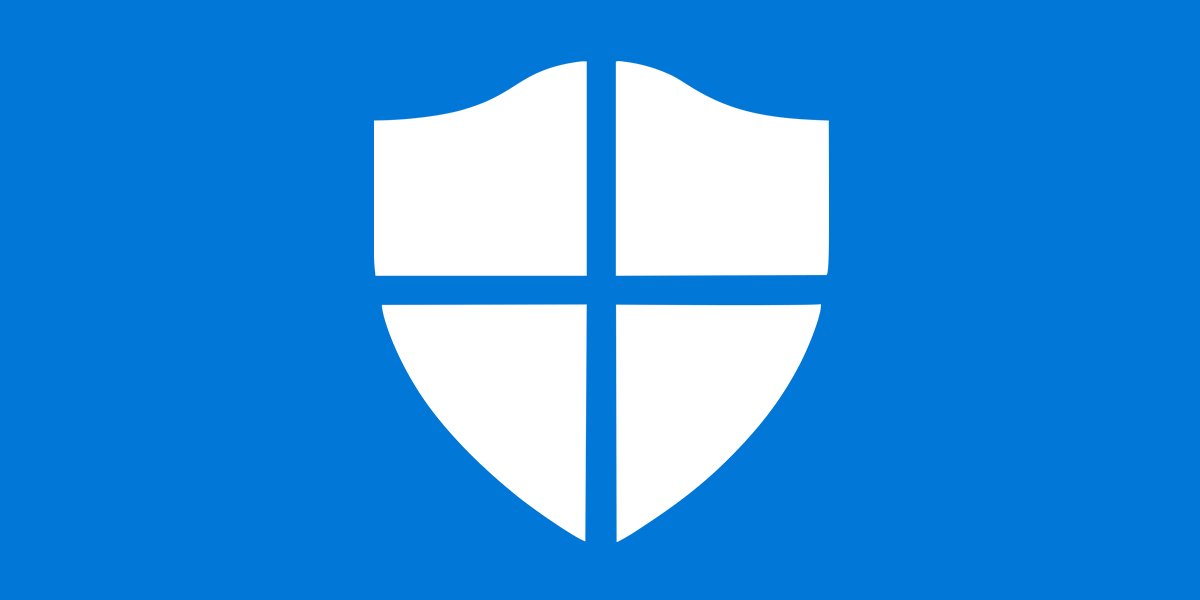Microsoft had announced earlier this year that Windows antivirus would be released for devices with Linux and Android. So today he announced that he had available a preview version of the Google Play Store.
Called Microsoft Defender ATP Preview, the app protections from Microsoft is not available for free and is only intended for businesses that have a license to use Microsoft 365 E5.
The application has a scan of the APK files as a welcome feature. It immediately prevents malicious applications and blocks malicious websites.
Microsoft states that the product security it can also block malicious connections in the background from various apps on the device and integrate Microsoft Defender ATP features.
“Microsoft Defender Advanced Threat Protection (ATP) helps business users stay protected from cyber security threats such as malicious apps, dangerous websites that might try to steal information. It is also a platform that enables Security teams to prevent, detect and investigate cyber security incidents in the enterprise,” Microsoft says.
Microsoft Antivirus for Android requires Android 6 or later version, according to information published on the Google Play Store.
On the surface work, Microsoft's Windows Defender has has become one of the most powerful antivirus solutions in the market, offering absolute protection. Microsoft wants to offer the same strong protection on other platforms, not just Android, but also Linux and macOS.
In Windows 10, Windows Defender, now called Microsoft Defender, is the core of Windows Security, and comes as a central application that integrates all available operating system security features.





